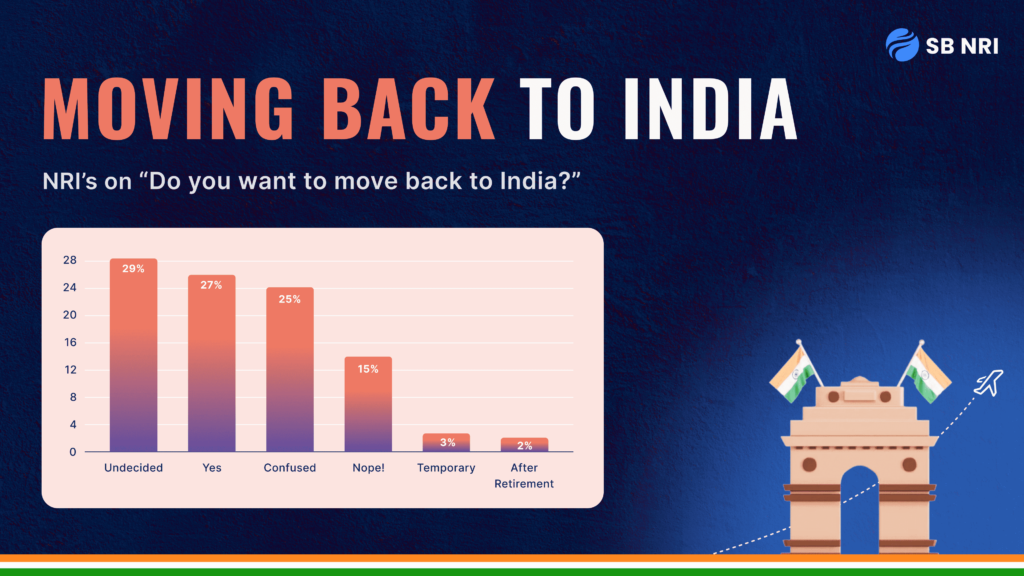
Planning finances for your children’s education is an important aspect of parenting and long-term financial security. Setting aside funds early and wisely can reduce the financial burden of higher education expenses. Understanding the costs involved and developing a strategic approach can help you achieve educational goals. Here’s how you can plan for your children’s education in the best way possible.
Factors to Consider while Planning your Children’s Education
- Inflation: Think of inflation as the price of things going up over time. When you’re saving for your kids’ education, you need to consider that what costs a certain amount today might cost more in the future. So, it’s important to plan for that increase so you can save enough.
- Time Horizon: This just means how long until your kids need the money for college. If they’re young, you have more time to save and let your money grow. But if they’re older, you might need to save more each month to reach your goal.
- Investment Options: There are different ways you can save money for college, like special accounts or investing in mutual funds and bonds. Each option has its pros and cons, so you’ll want to pick the one that fits your family’s needs and how comfortable you are with taking risks.
- Change of plans: These days studying abroad is very common, but if you have been planning according to Indian education costs you will have to change it if you have time as education abroad is way more expensive than here in India. An engineering degree from a good university like IIT costs around 9 lahks whereas the fee of good universities abroad like MIT (Massachusetts Institute of Technology) is 50-55 lakh.
Also read: How understanding the Rule of 8-4-3 can turn your Rs 30,000 monthly into Rs 1.5 cr?
How Much Funds Do You Need for Your Children’s Education?
Education costs have been soaring, even from the earliest schooling days. Good-quality institutions often come with hefty price tags. Take, for instance, renowned government colleges like IIT, where engineering education can cost between 8 to 10 lakhs. On the other hand, private medical colleges charge over 80 lakhs for a medical degree. By the time a child reaches their early twenties, parents can easily spend around 60 to 70 lakhs on their education, covering schooling, undergraduate, and postgraduate studies.
Considering future costs is crucial. For example, if a parent wants their child to pursue an MBA from a top institution like IIM Ahmedabad, they need to factor in inflation. In just ten years, the fees have nearly doubled, from 13.5-15.5 lakhs in 2014 to 33-35 lakhs in 2024.
Take Sara, a 27-year-old management consultant and a new mother. Knowing the financial burden education can bring, she starts saving early, putting aside 20,000 rupees every month for her son’s future education. With her smart planning, she invests this money in mutual funds with a yearly return of 14%. By the time her son is ready for engineering, she will have a substantial amount saved up to support his education journey and even plan for his MBA, just like she did. It’s a testament to the importance of early planning and considering factors like inflation and investment options to secure a child’s educational future.
Also read: What is the 15x15x15 Rule In Mutual Funds for NRIs?
What Should Be Your Financial Goals to Reach the Set Budget?
To reach your desired goal for your child’s education, you need to follow certain things like:
- Investment: It is important to balance risk and return for you as an investor as market fluctuation can sometimes affect your investment portfolio and push your investment off track. But with time you can consider topping up your portfolio with a lump sum during a market downfall. For example, while you were saving for your children’s education and market volatility has affected your portfolio, to get back on track you need to add a lump sum and this would work great if you have more than 5 years to achieve your goals.
- Save More: Each year you can save more to achieve your long-term goals. Of the ways to do this is Step-up SIP, here your amount tends to increase the percentage you decide on. Therefore step-up SIP is a useful strategy to boost your goal corpus over time as your income grows.
- Work with your partner: It’s easy for you to achieve your goal along with your partner as both you and your partner can contribute towards it. You can mutually discuss and set aside funds for contribution amount, change of goals amount, allocation of money, etc.
- Update and review your goals timely: We are social animals, and our needs change with time. As you grow old and have a family of your own, you tend to make plans like buying a house or buying a car. You need to change your financial goals and determine how much money you need to invest or save and upgrade some of your plans accordingly.
Also read: How to Make 1 Crore in 10 Years by SIP?
How to Achieve These Goals for a Child’s Education?
To achieve these goals you can focus on educational planning at an early stage as well as mutual fund long-term investments.
- Mutual funds: Mutual funds can be an ideal option for parents with limited knowledge and understanding of the Indian market. Mutual funds can offer much higher returns than bank FDs and can be ideal to build funds for your children’s education in the future. Indian markets have outperformed global markets by min ~110% in the last decade allowing many investors to realize their financial goals. NRI/OCI parents living abroad and looking to fund their children’s education can invest in Indian mutual funds to generate the required corpus.
- Systematic Investment Plan (SIP): Mutual Fund SIP investment allows both resident and NRI investors to start their investing journey with a small sum of money and build wealth in the long run. They are very simple and flexible as each month the fixed SIP amount gets debited from your bank account as per the SIP frequency and invested into the mutual fund SIP scheme that you’ve chosen.
- Bonds: Bonds are debt securities or financial instruments representing a loan made by an investor to a borrower. When you invest in a bond, you are essentially lending money to the issuer, which can be a government, municipality, corporation, or other entity. In return for your investment, the issuer agrees to pay you periodic interest payments, typically at fixed intervals, and return the principal amount at the end of the bond’s term, known as its maturity date.
- Real Estate: Real Estate is one of the top investment options for NRIs in India. It can be a form of retirement abode or an asset to bind the funds in. With the historical trend of immense growth and expansion, Real Estate has carved a separate niche for NRIs.
Also read: 10 Mutual Funds That Doubled Wealth In 5 Years

How to invest in Indian Mutual funds as an NRI
NRIs can legally invest in Indian markets via mutual funds. This includes NRIs, Persons of Indian Origin (PIOs), and Overseas Citizens of India (OCIs). There are a few legal mandates like getting their Mutual Fund KYC done along with adhering to the rules of FEMA, SEBI, and RBI. Once your KYC is done, you can invest in domestic and international mutual fund schemes offered by Asset Management Companies (AMCs).
Getting your Mutual Fund KYC is mandatory to open an account to invest in mutual funds in India irrespective of the investment amount. The Securities and Exchange Board of India (SEBI) has specified a set of regulations under the Prevention of Money Laundering Act (PMLA), 2002 which mandates that mutual fund houses and intermediaries perform their due diligence on investors before they are compliant to make investments.
For more info on NRIs, PIOs, and OCIs, you can refer here.
Also read: Step-by-Step Guide for NRIs to Pick a Winning Mutual Fund
Wrapping Up
Planning for your children’s education requires strategic decision-making. By starting early, understanding the costs involved, and using investment opportunities, parents can build a solid financial foundation to support their children’s educational aspirations. Regular review and adjustment of the financial plan, along with wise investment decisions are essential for staying on track towards achieving educational goals. With careful planning, parents can provide their children with the best possible opportunities for academic success and a bright future.
Invest in NRI Mutual Funds with SBNRI
NRIs can now download the SBNRI App and choose to invest in different NRI mutual fund schemes in India with ease. You can also get detailed mutual fund advice from experts at SBNRI. Also, visit our blog and YouTube channel for more details.
SBNRI is an authorized Mutual Fund Distributor platform & registered with the Association of Mutual Funds in India (AMFI). ARN No. 246671. NRIs willing to invest in mutual funds in India can download the SBNRI App to choose from 2,000+ mutual fund schemes or can connect with the SBNRI wealth team to better understand Mutual Fund investments.



